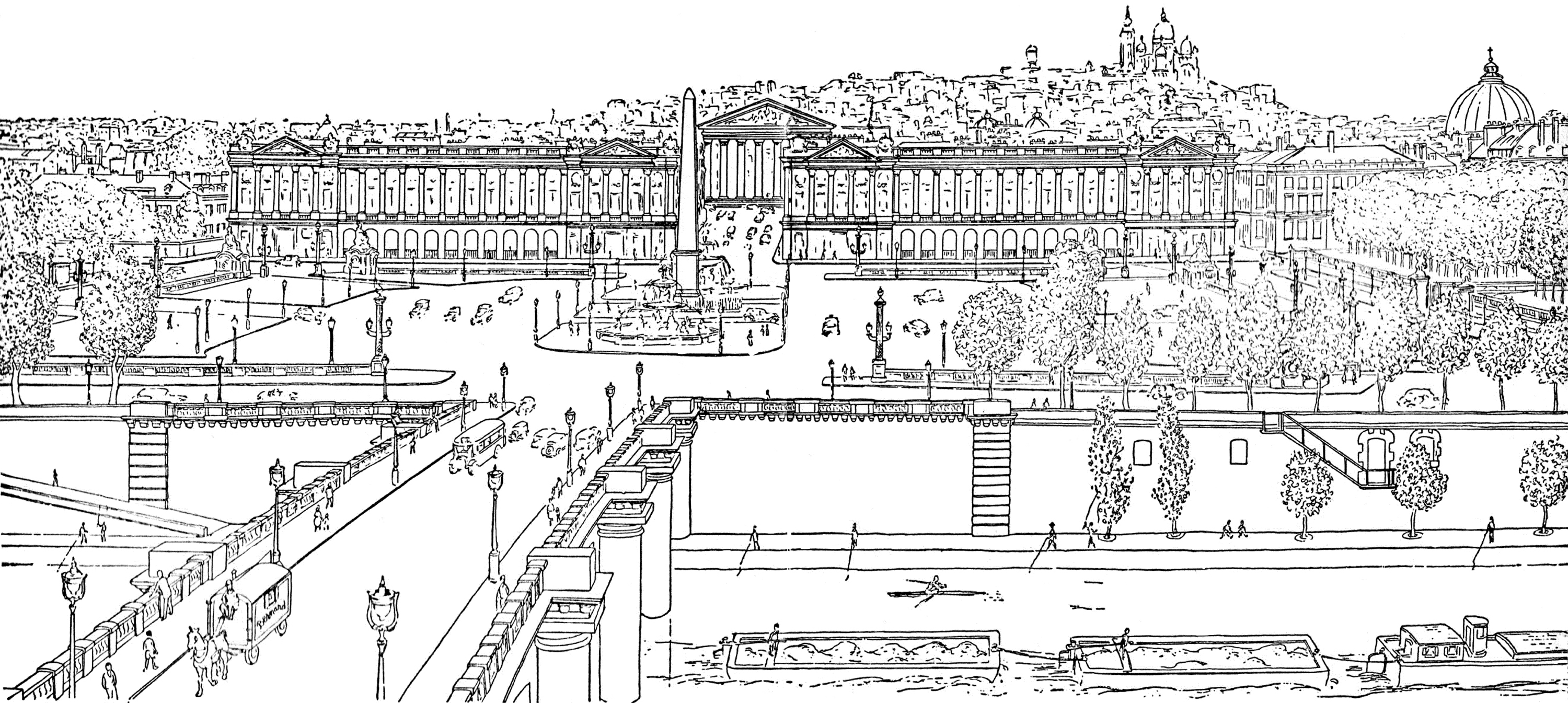Read a message from the board of directors.
The Paris Review’s mission has always been a dual one: to provide a platform for great literature, and to inspire readers with ambitious new writing. I’m proud that we’ve been able to accomplish both during my time at the Review, and I would like to thank the writers, readers, and colleagues on staff and the board who have collaborated with me toward these objectives. The project of the Review is an ongoing one—seven decades strong—but over the past three years, I’m particularly proud of a few accomplishments: I’m thrilled to see the quarterly at record high circulation, and that the work we publish in its pages has been recognized by peers, including the 2020 American Society of Magazine Editors’ Award for Fiction and the 2021 volume of Best American Poetry, which will include five poems from TPR. Collaborating on the poetry program with Vijay Seshadri was a joy, and I’m eager for readers to explore Poets at Work, an anthology that Vijay edited, when it arrives next month. I’m glad that we are able to support writers early in their careers—few things please me more than an emerging writer landing a book deal off of the strength of their Paris Review story—and concurrently give space to voices I have admired for decades. The Writers at Work interview series is a national treasure, and shepherding conversations with writers like Suzan-Lori Parks, Nathaniel Mackey, and George Saunders into print was a singular privilege.
More readers are finding us online—on the Daily, via newsletters, and on social media—than ever before, with thanks to our great digital team. We made a second season of the podcast and already have some aces in the hole for season three. And while we hosted some good parties and programs in the Before Times, even more readers found us through recent virtual events. Some accomplishments behind the scenes: We began an institutional giving program, with a mind toward building a broader network of philanthropic and government support. We opened digital submissions and began a virtual reader program, offering mentorship and professional development to a nationwide group of volunteer readers. And I’m glad that we were able to create a safe, stable, and creative workplace for TPR’s staff through an unprecedented global crisis. I hope the magazine continues to thrive, through the stressful conditions of the ongoing pandemic and into brighter days ahead.
In his “Letter to an Editor,” in the Review’s first issue, William Styron considers the writer’s duty: “He must go on writing, reflecting disorder, defeat, despair, should that be all he sees at the moment, but ever searching for the elusive love, joy, and hope—qualities which, as in the act of life itself, are best when they have to be struggled for.” The quest Styron describes is not just for expatriate writers of the Silent Generation—it’s an editor’s job, too. From our offices in Chelsea, and, since last March, from an apartment in the East Village, I have sought love, joy, and hope to share on these pages. Yesterday we welcomed the Spring issue, no. 236, into the world, and now, with my work on the Summer issue complete, I am leaving The Paris Review to write my next book. Hopefully, eventually, I’ll edit again—connecting writers to readers is among the world’s best professions. Through it all I will keep seeking out those elusive qualities and sharing them as best I can.
—Emily Nemens
Read a message from the board of directors.
from The Paris Review https://ift.tt/3kGBS4i

Comments
Post a Comment